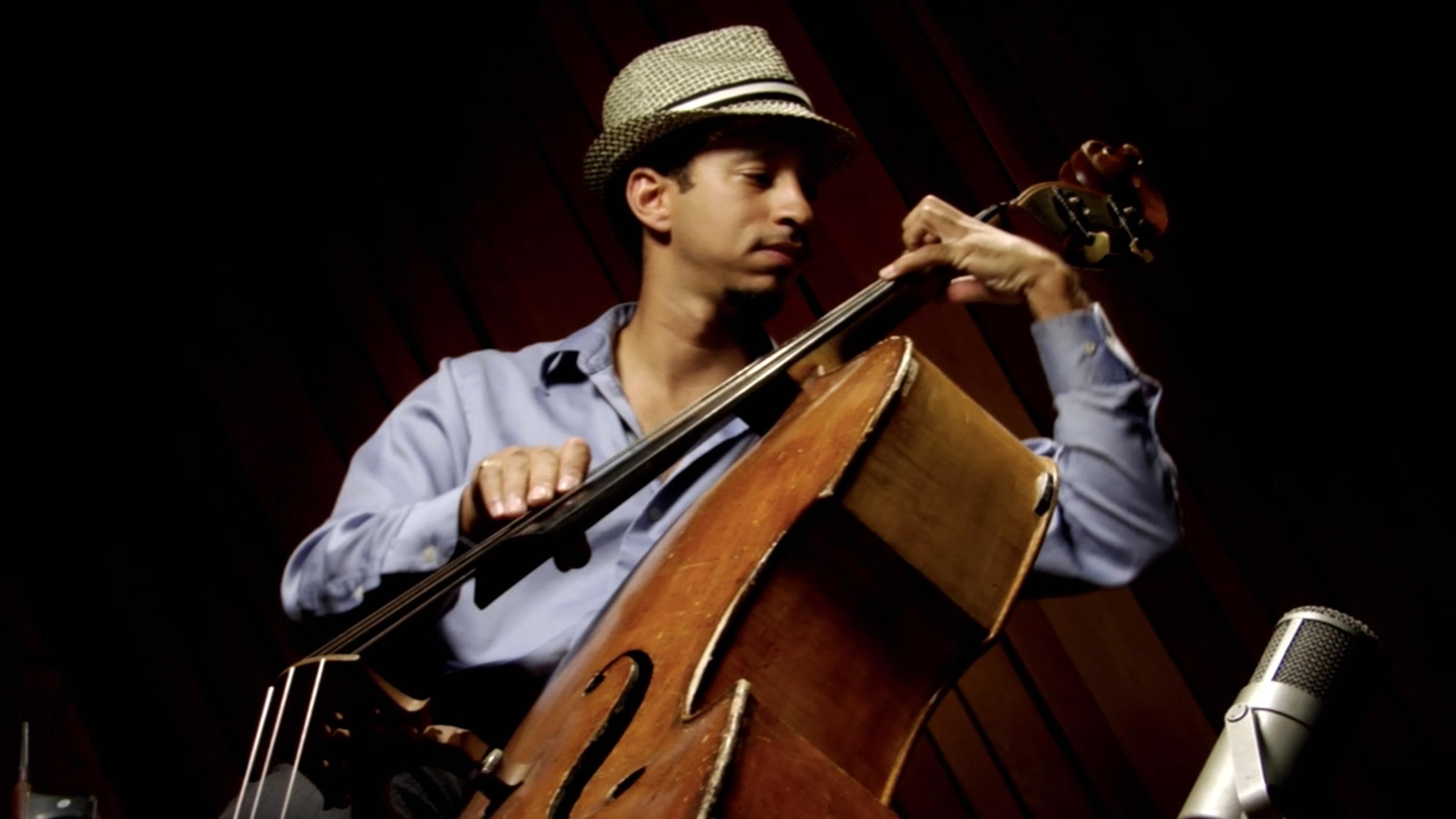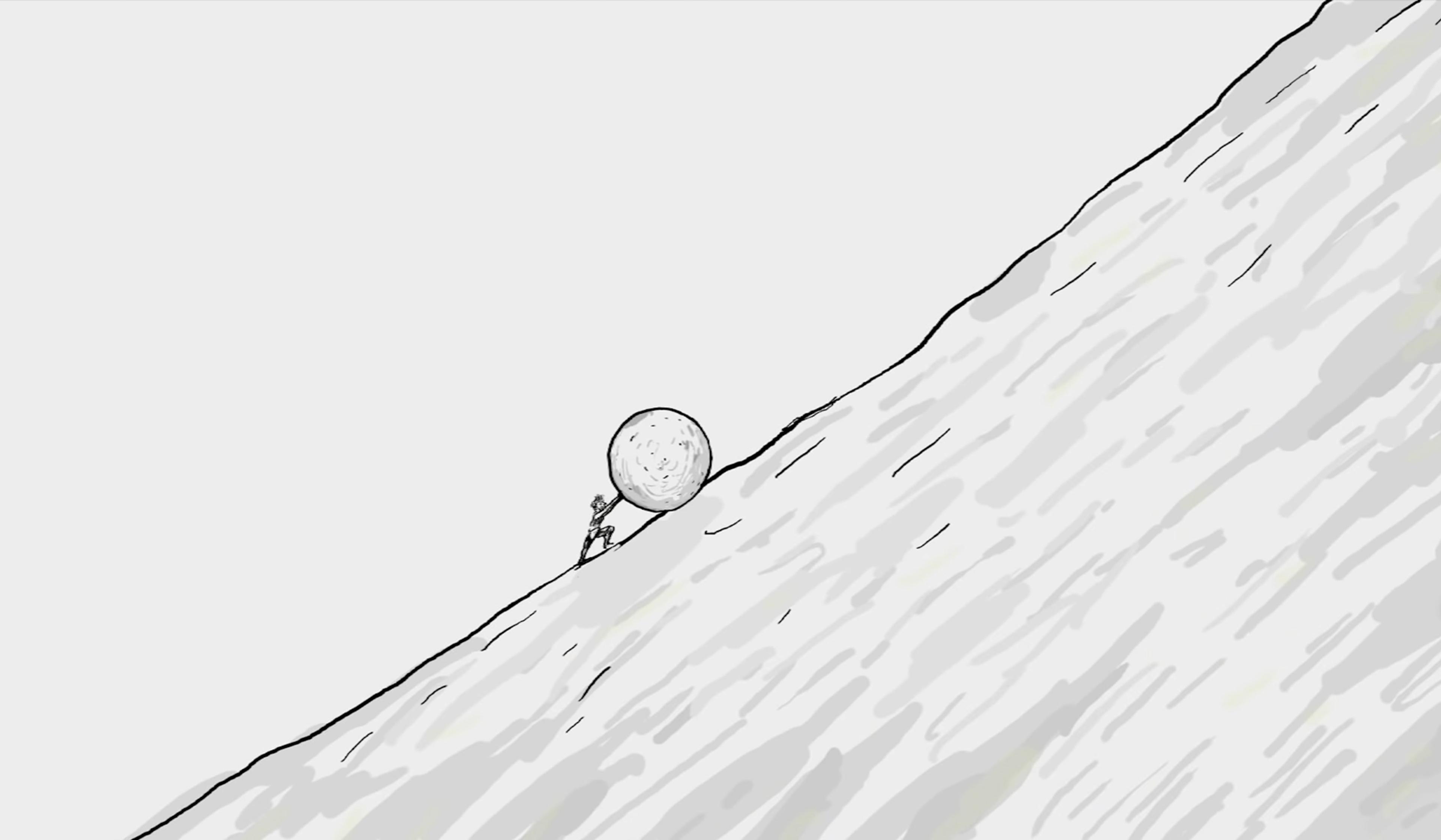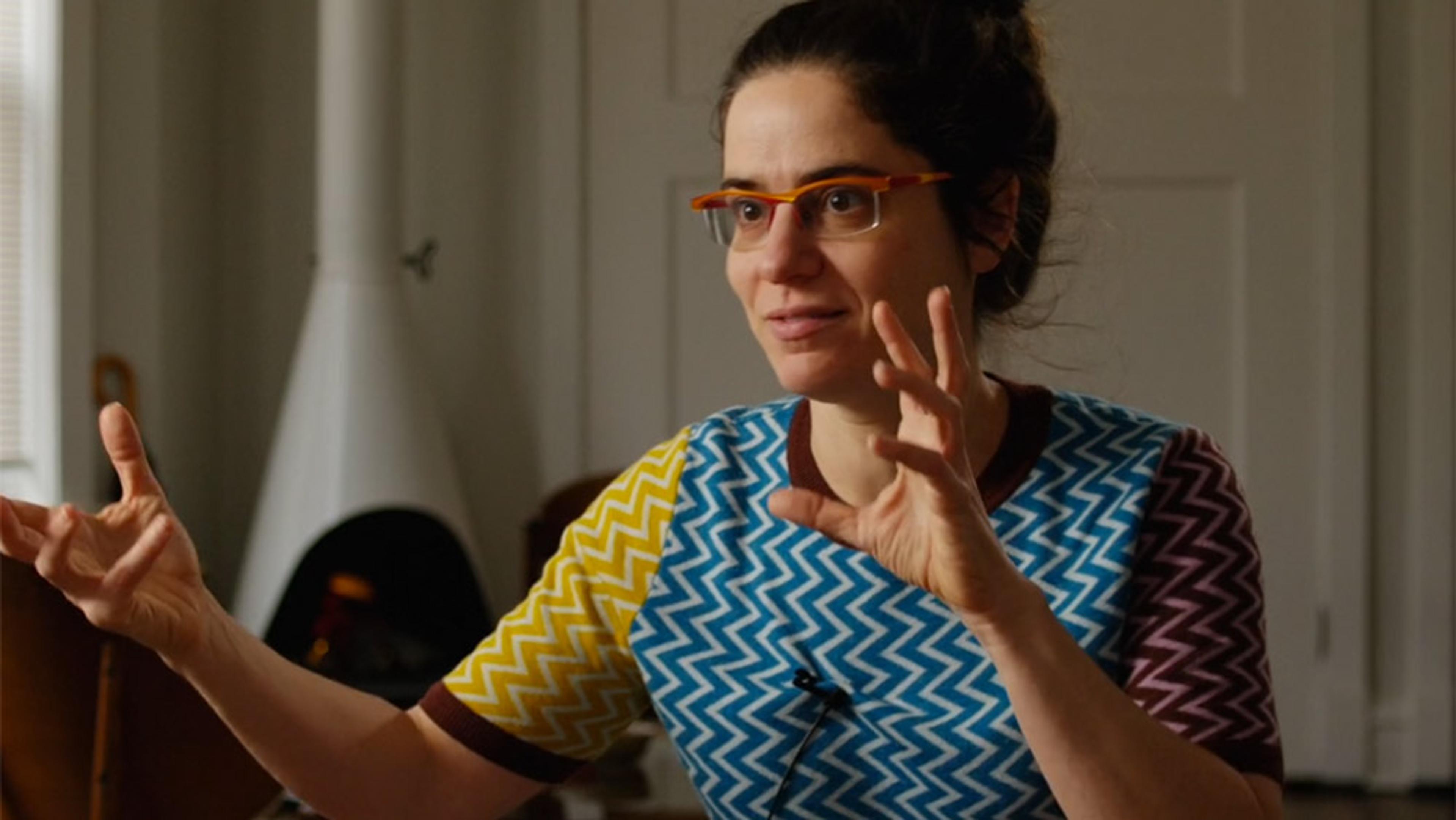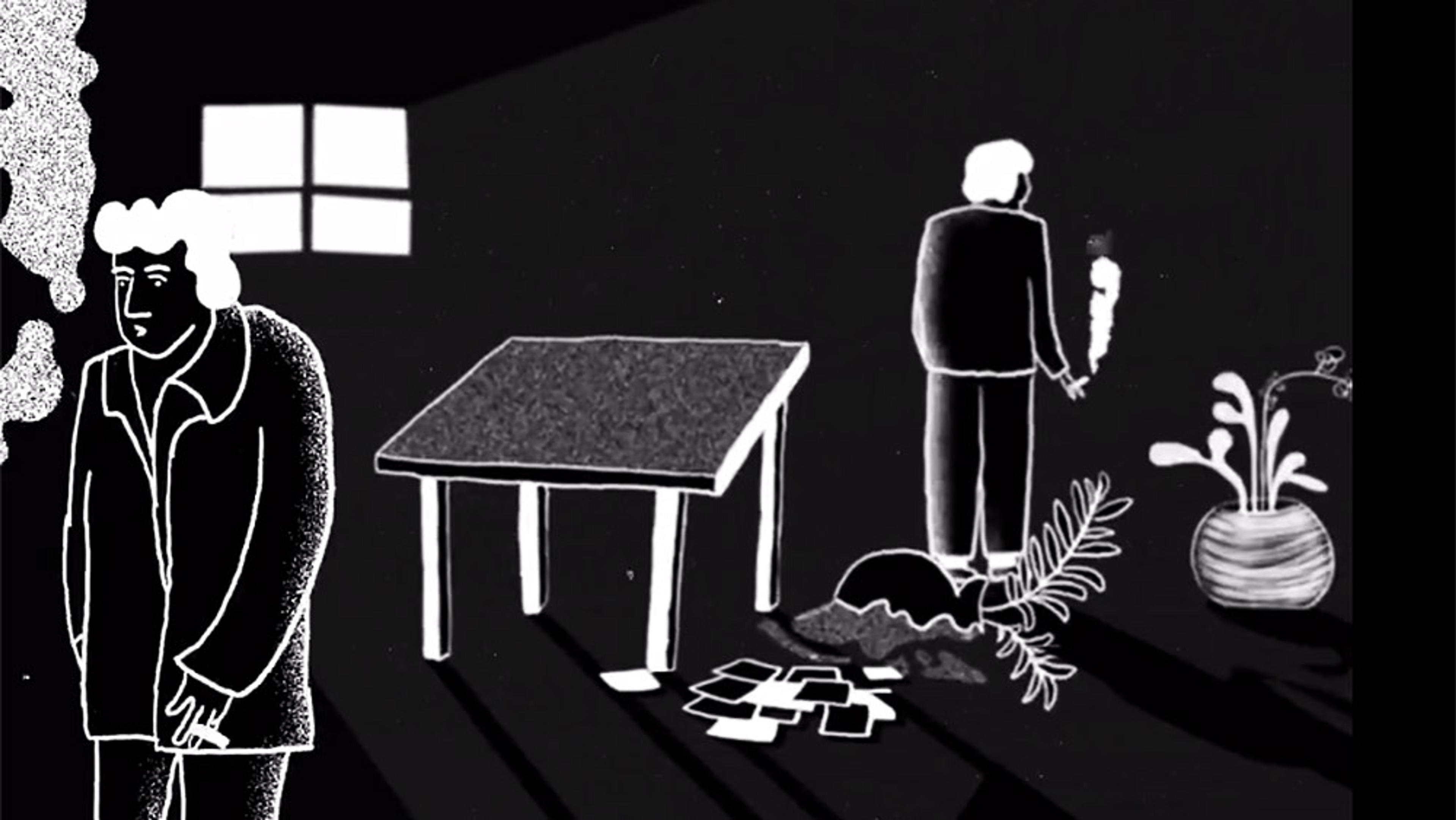What’s the essence of being human? According to the 20th-century French philosopher Jean-Paul Sartre, existence precedes essence. In other words, ‘I am what I do.’ This, thought Sartre, makes life an anguish-inducing experience as every one of our choices becomes a statement about what we think humanity should be. ‘Condemned to be free,’ each one of us must act as if the whole world is watching.
Sartre and the existential choice: ‘In fashioning myself, I fashion humanity’

videoHistory of ideas
I am, therefore I think – how Heidegger radically reframed being
13 minutes

videoHistory of ideas
If, as Shakespeare suggested, all the world’s a stage, do we have a ‘true self’?
2 minutes

videoKnowledge
True mastery demands going beyond the rules to learn for yourself
15 minutes

videoHistory of ideas
Socrates believed self-knowledge was essential. Today, we wonder if there’s even a self to know
2 minutes

videoMeaning and the good life
Albert Camus built a philosophy of humanity on a foundation of absurdity
6 minutes

videoValues and beliefs
How the philosophical paradox of aspiration is resolved by a new theory of self-creation
31 minutes

videoPhilosophy of mind
‘Am I not at least something?’ A surreal dive into Descartes’s Meditations
3 minutes

videoLove and friendship
Why Sartre believed that the person in love could never be free
2 minutes

videoHistory of ideas
How did the 20th century’s most glamorous intellectual friendship go wrong?
3 minutes